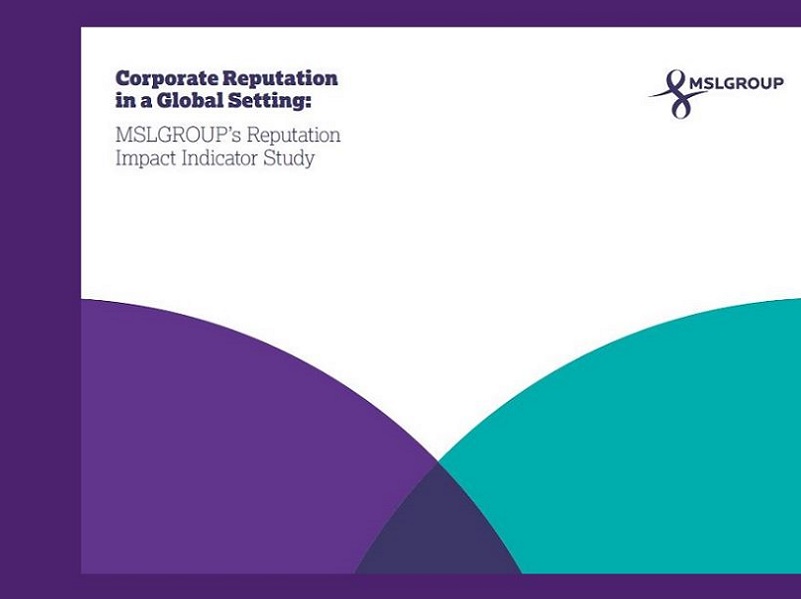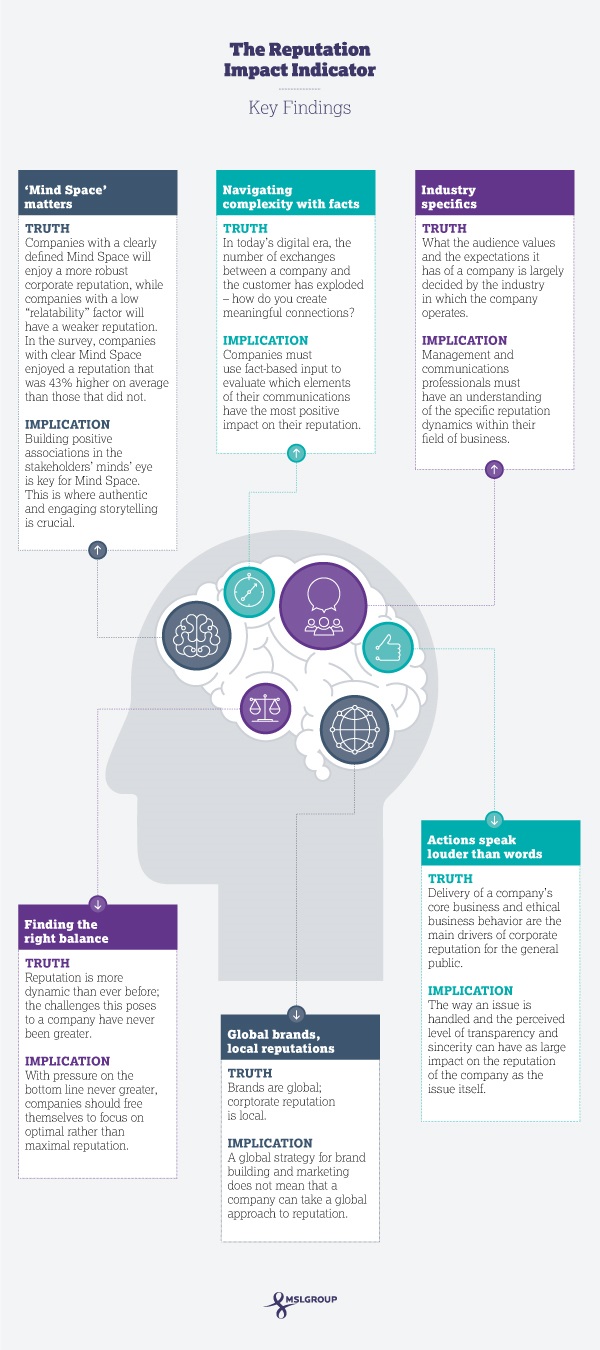Arun Sudhaman 02 Jun 2015 // 9:15AM GMT

LONDON—A new study confirms that consumers in 'new world' markets like Brazil, China and India are less skeptical about companies than their counterparts in North America and Europe.
MSLGroup's Reputation Impact Indicator Study polled more than 25,000 people across 10 countries, in a bid to examine the factors that determine a brand or company’s
reputation. These factors — likeability, trust and respect — are combined to produce the 'reputation core' index, as a way to measure corporate reputation.
The research shows respondents in Brazil, China, India, and South Africa have a more positive perception of companies than their counterparts in North America, and particularly in Europe, where respondents demonstrate greater skepticism towards companies in general.
Specifically the study shows that the most significant variations in corporate reputation are between respondents in India (who provided an average reputation core score of 79 across all companies) and Swedish respondents (providers of the lowest average reputation core score of 51).
At an individual company level, the study findings also point to the likelihood of enjoying a markedly different reputation from country to country, even if a company has high brand awareness in each. For example, AstraZeneca has a reputation core score of 84 in Brazil and 52 in Canada and Sweden. Similarly, HSBC’s score varies from 78 points in China to 45 in Sweden.
Unsurprisingly, the report concludes that "corporate reputation is most definitely local", according to Maria Grimberg, leader of MSLGroup's reputation practice in Europe.
"This reality creates a number of very real challenges for those managing reputation in an international context and underlines the need for a finely-tuned reputation strategy that avoids a standardized global definition of this increasingly important, yet somewhat intangible, corporate asset," added Grimberg.
The study also finds that 'relatibility' is particularly important in determining a brand or company’s reputation, compared to people’s rational views about products, services, financial performance, and corporate behavior. Those companies and brands with a clear ability to elicit an instinctive, intuitive reaction among consumers enjoyed a reputation that was 43% higher on average than those that did not.
"The reputation of a corporation is its license to operate and yet there is insufficient understanding of the multifaceted elements that contribute to this vital corporate asset," said MSLGroup EMEA president Anders Kempe.



































.jpg)
















